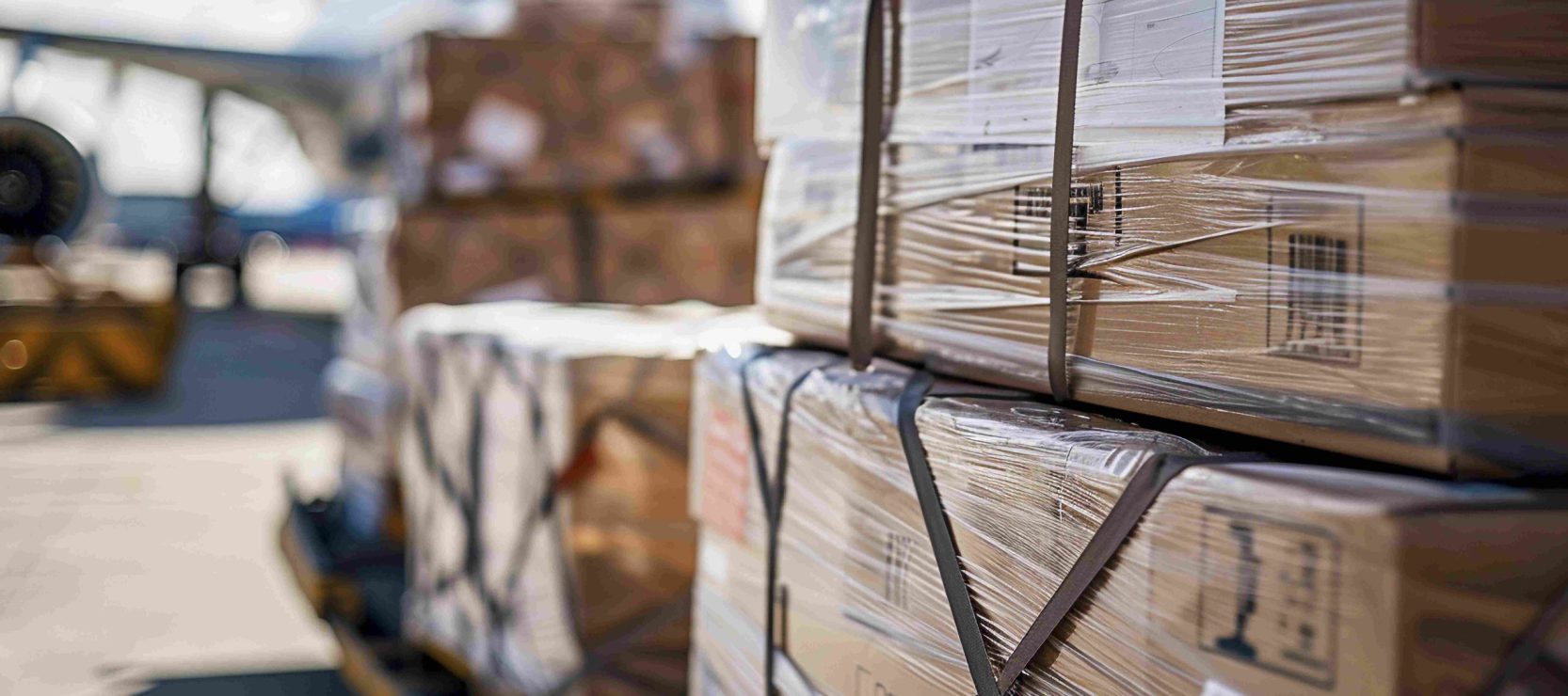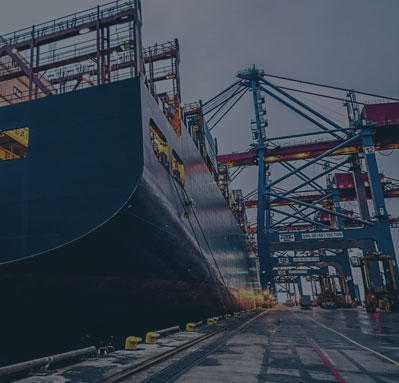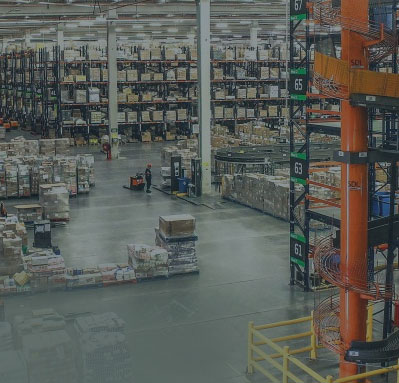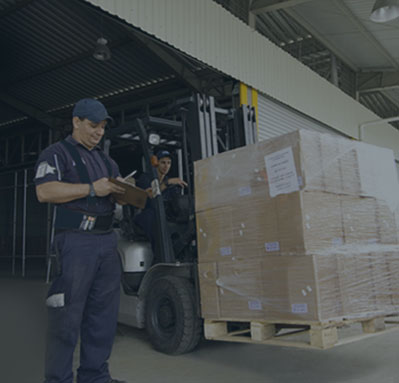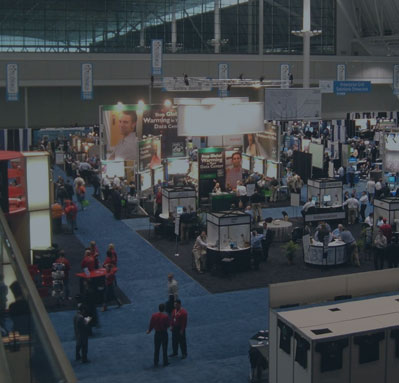Navigating customs clearance is a critical aspect of international trade. However, it is fraught with challenges that can lead to delays, increased costs, and frustrated customers. Understanding these challenges and knowing how to overcome them can make the process smoother, more efficient, and ultimately, more profitable for your business. In this article, we’ll explore some of the most common challenges in customs clearance and offer practical solutions to address them.
1. Incomplete or Incorrect Documentation
The Challenge:
One of the most frequent issues encountered during customs clearance is the submission of incomplete or incorrect documentation. Missing information, typographical errors, or discrepancies between documents can lead to delays, fines, or even the rejection of shipments.
How to Overcome It:
To avoid these pitfalls, ensure that all required documents are complete, accurate, and consistent across all forms. Key documents include the commercial invoice, packing list, bill of lading, certificate of origin, and any relevant permits or licenses. Implement a thorough documentation checklist and train your staff to double-check each document before submission. Additionally, consider using customs brokerage services, which specialize in managing documentation to ensure compliance with international trade regulations.
2. Understanding and Complying with Regulations
The Challenge:
Customs regulations vary widely from country to country, and staying compliant with the myriad of rules can be overwhelming. Failure to comply can result in penalties, shipment delays, or goods being seized by customs authorities.
How to Overcome It:
The key to overcoming regulatory challenges is to stay informed and proactive. Regularly update your knowledge of the customs regulations in the countries where you operate. Partnering with a reliable customs broker or freight forwarder can also be invaluable, as they have the expertise to navigate complex regulations and ensure compliance. Additionally, leveraging technology, such as customs management software, can help automate compliance checks and keep your business updated on regulatory changes.
3. Tariffs and Duties
The Challenge:
Tariffs and duties are inevitable costs in international trade, but miscalculations or unexpected charges can significantly impact your bottom line. The challenge lies in accurately determining the applicable tariffs and duties for your products and managing these costs effectively.
How to Overcome It:
To manage tariffs and duties efficiently, classify your goods accurately under the Harmonized System (HS) codes. Misclassification can lead to incorrect duty assessments and potential fines. It’s also important to stay informed about trade agreements that may affect tariffs, such as free trade agreements (FTAs) or preferential trade agreements (PTAs), which can reduce or eliminate tariffs on certain goods. Working with a customs expert can ensure that your products are classified correctly and that you are taking full advantage of any applicable trade agreements.
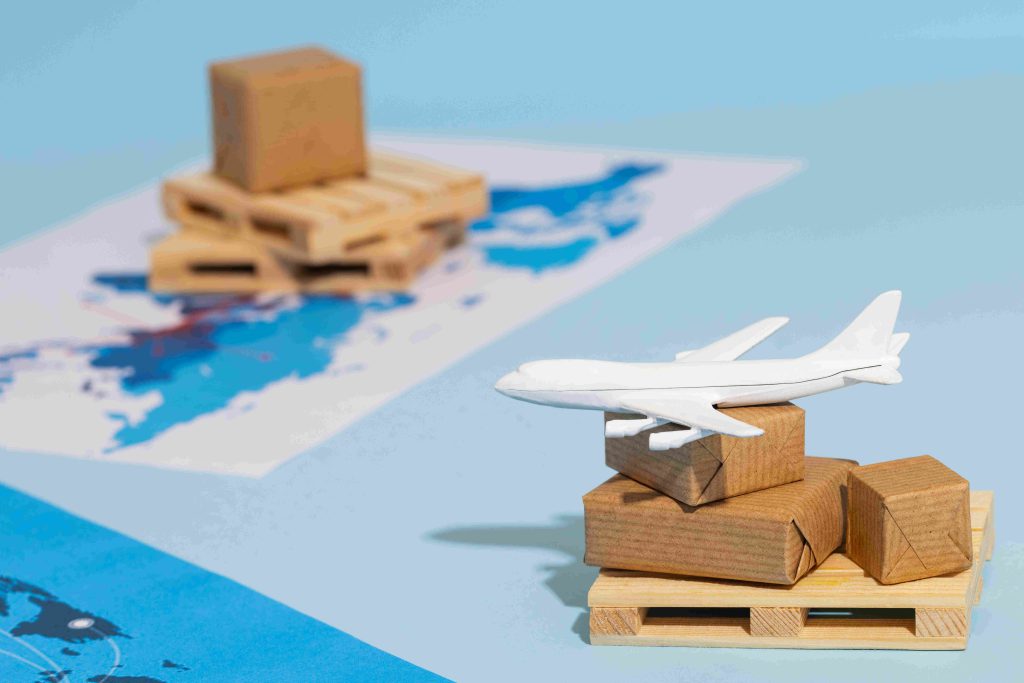
4. Delays in Customs Clearance
The Challenge:
Delays in customs clearance can disrupt supply chains, leading to increased costs and unhappy customers. Common causes of delays include improper documentation, inadequate packaging, or issues with product classification.
How to Overcome It:
To minimize delays, ensure that all documentation is accurate and submitted on time. Proper packaging is also crucial, as it can prevent inspection delays. Labeling should be clear and compliant with the destination country’s regulations. Additionally, maintaining good communication with your customs broker and being proactive in addressing any potential issues can help expedite the clearance process. In some cases, opting for pre-clearance programs or using bonded warehouses can further reduce delays.
5. Managing Customs Relationships
The Challenge:
Building and maintaining relationships with customs authorities is essential but can be challenging, especially in countries with complex or opaque bureaucratic systems. Poor relationships with customs officials can lead to increased scrutiny, delays, or even punitive actions.
How to Overcome It:
Invest time in understanding the customs procedures and building rapport with customs officials in the countries where you do business. Clear and transparent communication is key. Always approach customs authorities with professionalism and respect, and ensure that your business adheres to all local customs regulations. Consider appointing a local representative who understands the cultural and regulatory environment to manage customs relations effectively.
6. Handling Customs Audits
The Challenge:
Customs audits can be daunting and time-consuming, especially if your documentation and processes are not in order. An audit can result in penalties, retroactive duty assessments, and disruptions to your business operations.
How to Overcome It:
Preparation is the best defense against a customs audit. Maintain meticulous records of all transactions and ensure that your documentation is complete and accurate. Regular internal audits can help identify and rectify any discrepancies before they become issues during an official audit. It’s also advisable to work closely with a customs broker or legal advisor who can provide guidance and representation during an audit.

7. Dealing with Changing Trade Policies
The Challenge:
Trade policies can change rapidly due to political shifts, economic conditions, or new trade agreements. These changes can introduce new tariffs, restrictions, or compliance requirements, making it challenging to stay compliant.
How to Overcome It:
To stay ahead of changing trade policies, maintain a flexible and adaptable supply chain. Regularly monitor global trade news and updates from relevant government agencies. Establish contingency plans to address potential changes, such as identifying alternative suppliers or markets. Working with a knowledgeable customs broker or trade consultant can also help you navigate changes in trade policies and adjust your strategies accordingly.
Mastering Customs Clearance: Partner with the Experts
Customs clearance is a complex process that requires attention to detail, knowledge of regulations, and strong relationships with customs authorities. By understanding and addressing the common challenges outlined in this article, your business can navigate customs more efficiently, reduce delays, and minimize costs.
At Cargoline, we specialize in helping businesses like yours overcome customs clearance challenges. Our team of experts is dedicated to ensuring that your shipments are cleared quickly and compliantly, allowing you to focus on growing your business. Contact us today to learn how we can support your international trade operations.
